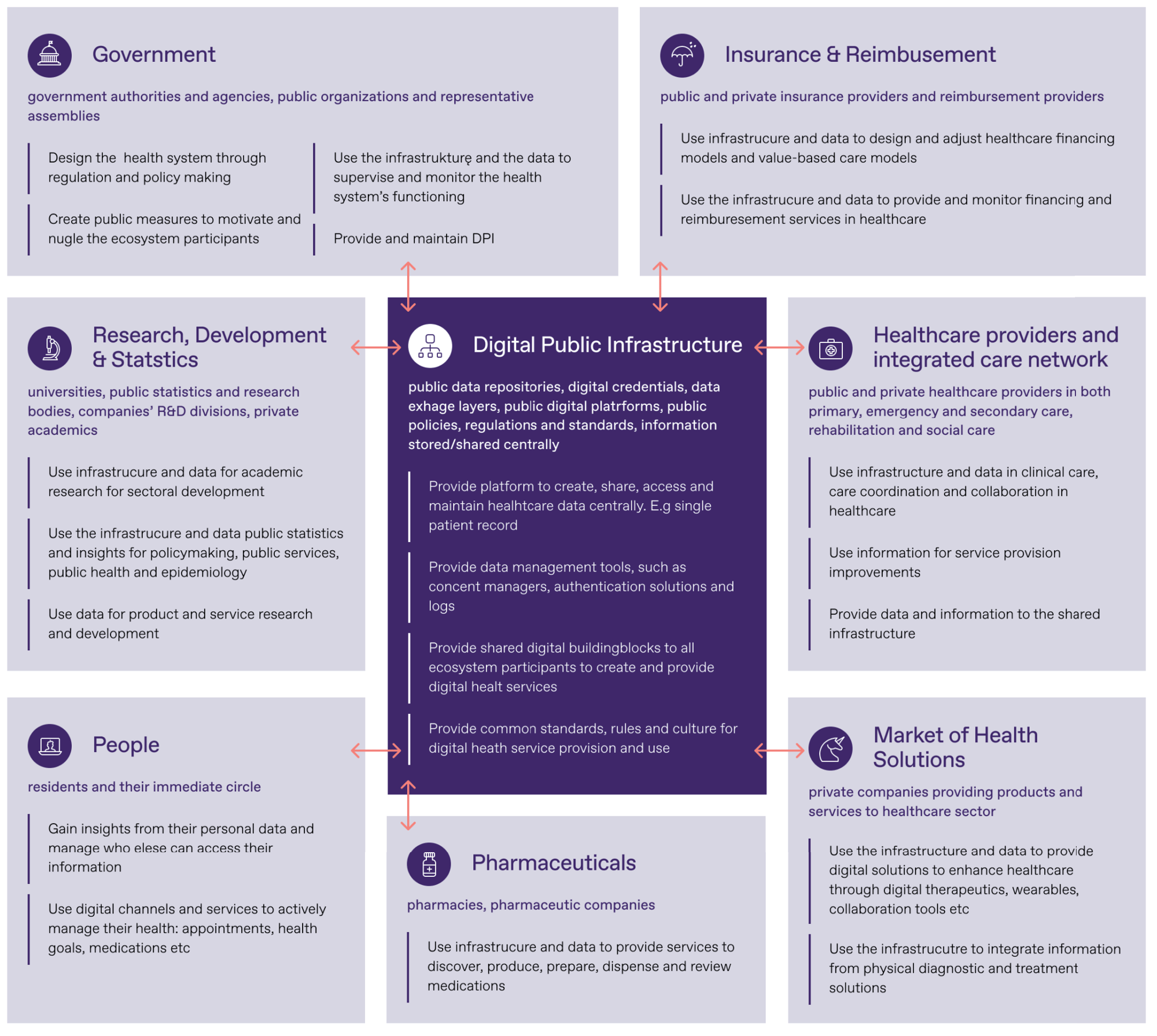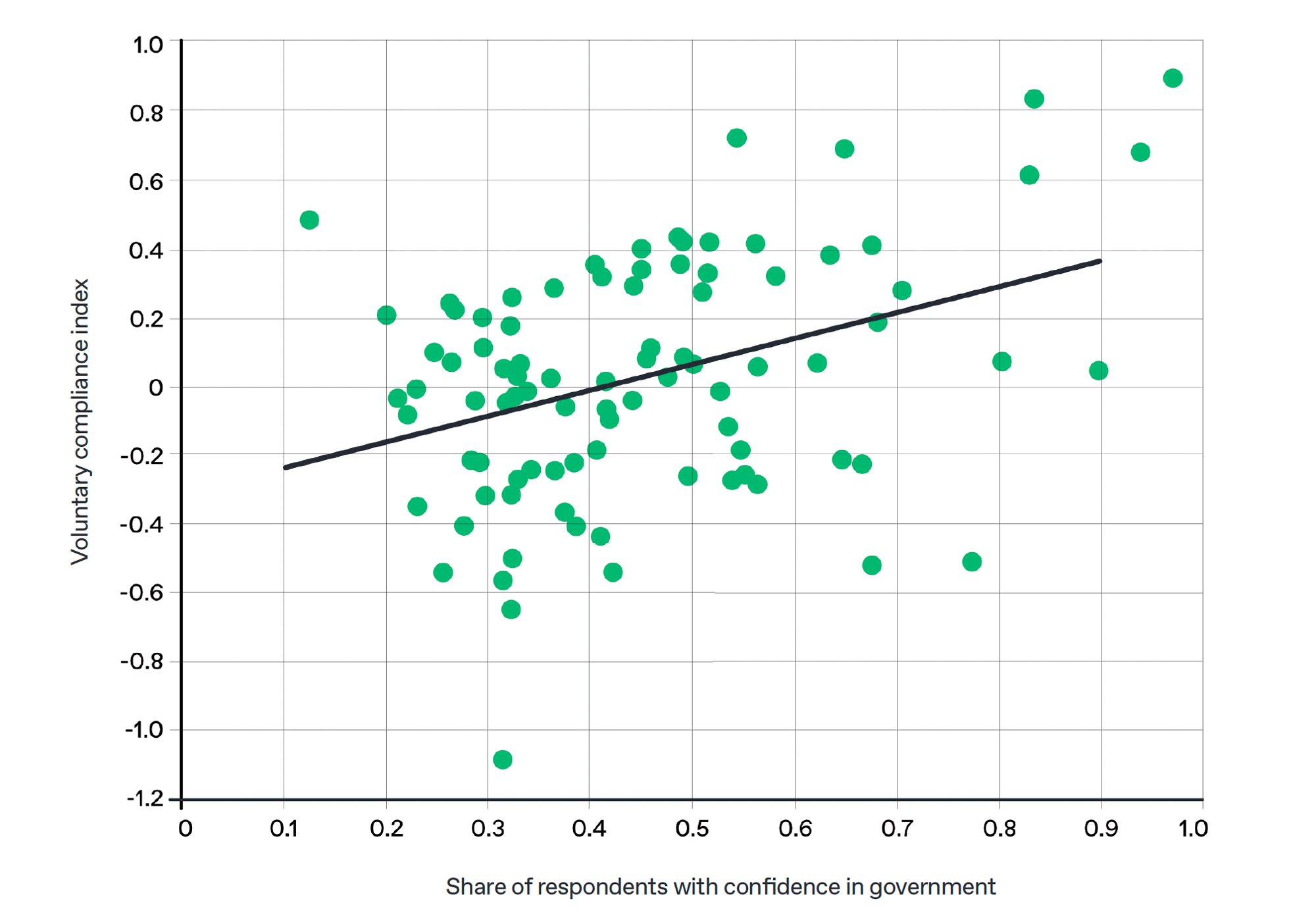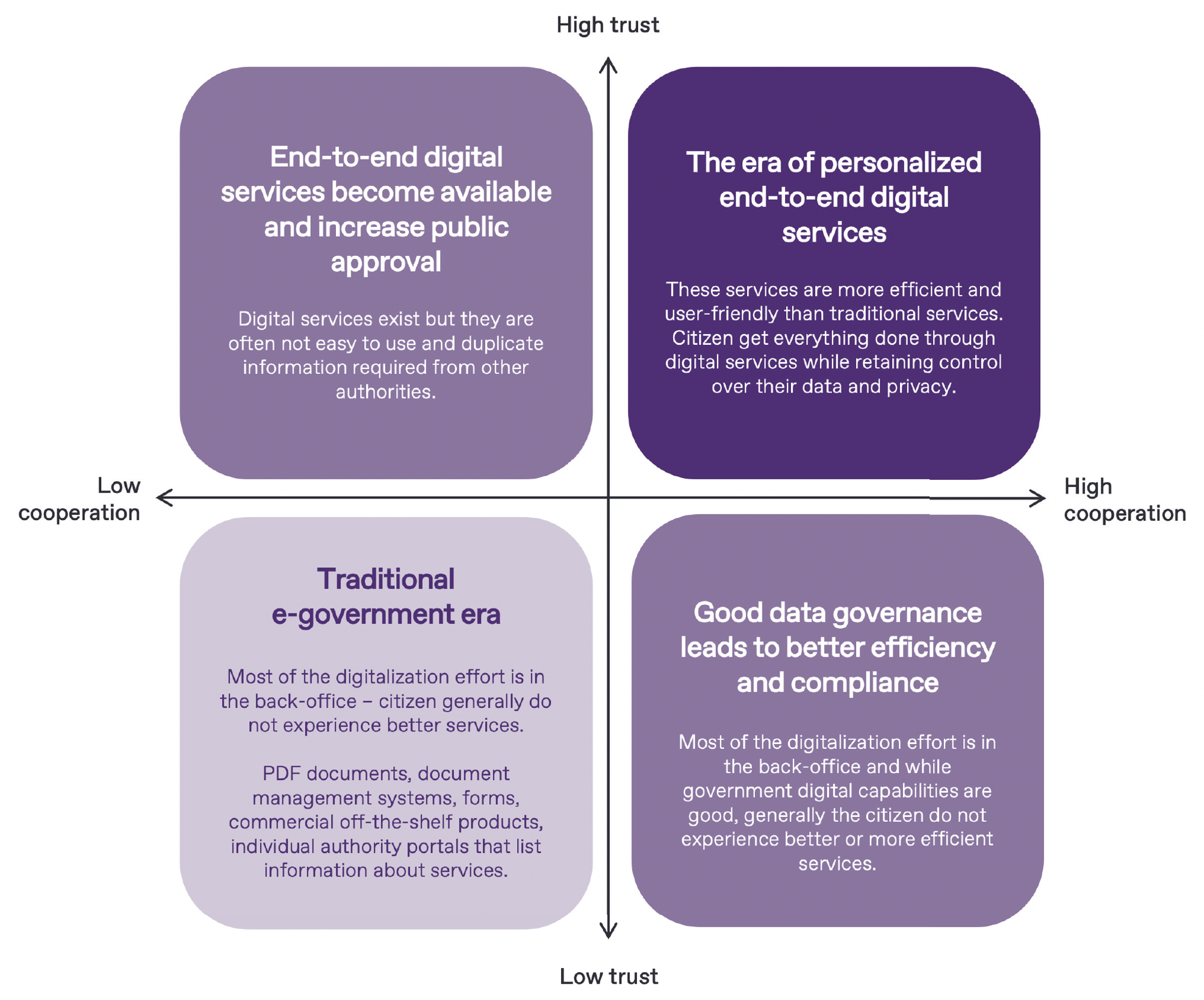Personal healthcare: Building healthcare systems for the future
Healthcare is at a breaking point. Aging populations, rising costs, and workforce shortages demand urgent action, but quick fixes won’t solve systemic challenges. Explore our practical roadmap for smart digital transformation to harness health data, enhance digital connectedness, and unlock value-based care models while ensuring clinicians can focus on what matters most: their patients.
In brief
By 2030, the global healthcare workforce gap is expected to exceed 10 million, intensifying pressures on already strained systems. Aging populations, escalating costs, and shifting patient expectations are exposing the limitations of outdated care models. Despite advances in digital technology, many systems rely on short-term fixes that fail to address deep structural challenges or capitalize on the potential of integrated, data-driven ecosystems.
This white paper argues for a systematic approach to digital transformation, moving beyond quick wins to deliver sustainable, patient-centered care. It guides healthcare systems through this transformation with:
- Desired outcomes: Expanding access, enhancing quality, and ensuring sustainability.
- Key policies: Ethical data use, strategic investments, and whole-of-society collaboration.
- Implementation approach: A phased, scalable path from interoperability to predictive intelligence.
- Real-world examples: Demonstrating how smarter systems improve outcomes and efficiency.
Explore how healthcare can evolve into resilient, adaptive ecosystems designed to meet both current challenges and future demands.
Key policies for a sustainable healthcare system
To achieve better access, sustainable spending, and higher-quality care, health systems need cohesive policies that address the core building blocks of sustainable healthcare. These policies must consider the broader determinants of health while establishing secure, interoperable data systems to enable coordinated and efficient care delivery. This paper highlights three essential focus areas: adopting a whole-of-society approach, ensuring the ethical use of data, and making strategic digital investments. Together, these priorities lay the foundation for healthcare systems that can meet current demands and evolve toward resilient, person-centered care.

Example of unifi ed digital healthcare ecosystem with main stakeholders and most frequent functions they play in in the system
Whole-of-society approach
Investing in digital public infrastructure (DPI) is critical to achieving aligned health and social care goals. DPI enables interoperable systems, seamless data exchange, and improved coordination across services. By adopting global standards and prioritizing key data flows like patient records, health systems can reduce fragmentation and enhance care continuity. Modular, scalable solutions support current needs while enabling future innovation, while national services like integrated booking systems improve accessibility and fill gaps where market solutions fall short.
Building trust by making health data more accessible
Democratizing health data empowers individuals to manage their care while fostering trust and equity. Transparent, ethical stewardship ensures secure data sharing, enhancing care coordination, research, and innovation. Supported by robust digital infrastructure, these practices create a high-trust ecosystem that balances individual control with societal benefits.
Building resilient healthcare systems through data-driven, personalized care
Strategic investment in digital personal healthcare is key to delivering tailored, patient-centered care that adapts to individual and population needs. By embedding predictive, preventive, personalized, and participatory (4P) care, health systems can foster resilience and ensure proactive, data-driven services. Interoperable data platforms, intelligent technologies, and integrated tools enable seamless coordination, actionable insights, and continuity of care, supporting each patient’s unique journey while driving innovation and improving outcomes.

Trust and effectiveness
Research shows that high trust leads to policy eff ectiveness. The specific mechanism is voluntarycompliance, which is especially valuable for government functions that would otherwise resort toenforcement by intrusion.
Trust as both enabler and dependency
The paradox of digital transformation – trust is needed to invest public capital in digital transformation, and at the same time, digital transformation will result in trust. It is both an outcome of the process and a necessary precondition for it. But such a virtuous cycle, where the initial trust level enables a digital service uptake and the usage of the same services starts to increase, trust can only be kickstarted when the initial trust level is there. So, building trust to a level when the positive dynamic sets in is a very practical question. From a certain level of digital maturity onward – like moving from traditional e-government to personal government – trust becomes a core enabler of governance as citizen willingness to share their data is a technical necessity of the system.
Formula on trust

Figure 1. Trust and compliance, b countr. Source: Integrated Values Surve.
https://www.economicsobservatory.com/does-public-trust-in-government-matter-for-effective-policy-making

Figure 2. Source: Personal Government - a vision for a post-digital era of equitable and sustainable public services (2023). https://www.economicsobservatory.com/does-public-trust-in-government-matter-for-effective-policy-making

Andres Raieste, Senior Vice President of the Public Sector at Nortal

Available on demand: The future of Tax Administration
Watch our insightful virtual discussion with industry experts as we explore the future of tax administration in the post-digital age. Discover how tax authorities will shift their role from revenue collection to becoming entities that create trust and empower economies.

Related insights
- Service examples: Shaping healthcare's future
- Personal Government: A vision for a post-digital era of equitable and sustainable public services
- Post-digital personal government and the future of interoperability
- How Estonia uses proactive services to move towards a seamless society
-
Proactive public services - the new standard for digital governments
Ready to journey to the Personal Government
Get in touch to learn more about how to build a human-centered government, provide a better public service experience and efficient public administration.